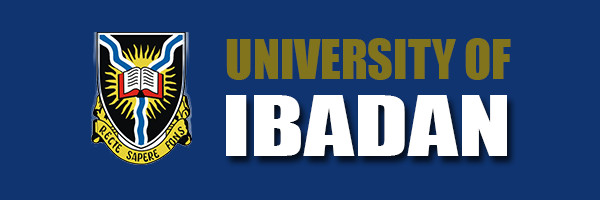UI Mail | Transcript | LMS | Research | Journals | Reports and Statistics | UI NELFUND Support
Institute of African Studies
University of Ibadan, Nigeria
and
Centre for African Peace and Conflict Resolution
California State University, Sacramento, USA
Hereby Organise an International Conference on:
Rethinking& Managing Ethnic and Religious Relations in Contemporary Nigeria: Past Experiences, Present Challenges and New Directions
A plethora of literature as well as popular discourse exists on ethnic and religious relations in Nigeria. These existing works and rhetoric call attention to both the positive and negative manifestations of the intertwined phenomenon of ethnic and religious claims and the politics surrounding them. On the positive side, the works call our attention to some communal initiatives or interethnic/interreligious dialogues and networks as well as official national intervention projects aimed at promoting a healthy working relationship between peoples from different cultural backgrounds in various parts of Nigeria. Official government policies include the National Youth Service Scheme, the Unity School system and the federal character policy, among many others. On the negative side, it is popular knowledge that many lives and property are still being lost in some parts of the country on accountof ethnic and religious differences. Recurring incidents of sectarian violence in Nigeria raise questions about the state of the nation of Nigeria, especially as regardsthe enduring and emerging tensions in the country’s ethno-religiousmake-up as well as the efficacy of her socio-political order.
The purpose of the conference is to take stock of the constantly changing nature ofethno-religious relations in Nigeria, examine the state of knowledge and understanding of the dynamics ofinter-ethnic/religious relations, assess best global practices for promoting peaceful co-existence, and articulate new or promising programmes and policies for managing Nigeria’s complex, diverse cultural and religious milieu withina democratic framework. In sum, the conference seeks to raise and address certain critical questions on recurring issues of ethno-religious relations in Nigeria: Which of the old or known types of ethnic and religious crises in Nigeria persist or have given way and which new types have emerged? What are the factors (both internal and external) responsible for the escalation and/or de-escalation of ethnic and religious conflicts in the country? What policies, programmes and strategies exist for effective cultivation and management of interethnic/religious relations in Nigeria?What are the global/Africa-centered best practices and lessons for managing ethnic/ religious diversity? What are the new strategies, socio-legal frameworks and programmes for prevention, management, and resolution of interethnic-religious extremism and violence in a democratic Nigeria?
You are invited to join in the collective attempt to address these questions through proper research methodologies, cogent analyses of data, and thoughtful policy recommendations.Submit a 250-word abstract on any of the following sub-themes:
Sub-themes:
Theoretical & Epistemological foundations of ethnicity and religiosity
Ethnic and religious identity
Religion and wealth/prosperity
Socio-cultural issues
The Jos crisis
The “Boko Haram” crisis
Ethnicity in the Niger Delta crisis
Ethnic militias
Understanding religious terrorism
Religion, power and politics
Corruption, crime and conflict
Cross Border issues/dynamics
Social media
Gender issues
Youth development and leadership
Interethnic networks
Interfaith organizations and peace-building
Nationality, citizenship and ethnicity
Responding to ethno-religious violence/conflicts
Conference Date: 28th – 30th May
Venue: Conference Centre, University of Ibadan, Nigeria
Keynote Speaker: Rev. (Professor) EghosaOsaghae, Vice Chancellor, Igbinedion University, Okada, Nigeria
Submit your 250-word abstract, including your paper title, your name and contact, by Mid May , 2013, to:
Chris Ichite: chrisichite@gmail.com
Benson Eluma: aitrai@yahoo.com
You will be given additional conference information upon acceptance of your abstract. Select papers will be included in the conference proceedings. Conference participants will be responsible for their own travel arrangements and costs.
